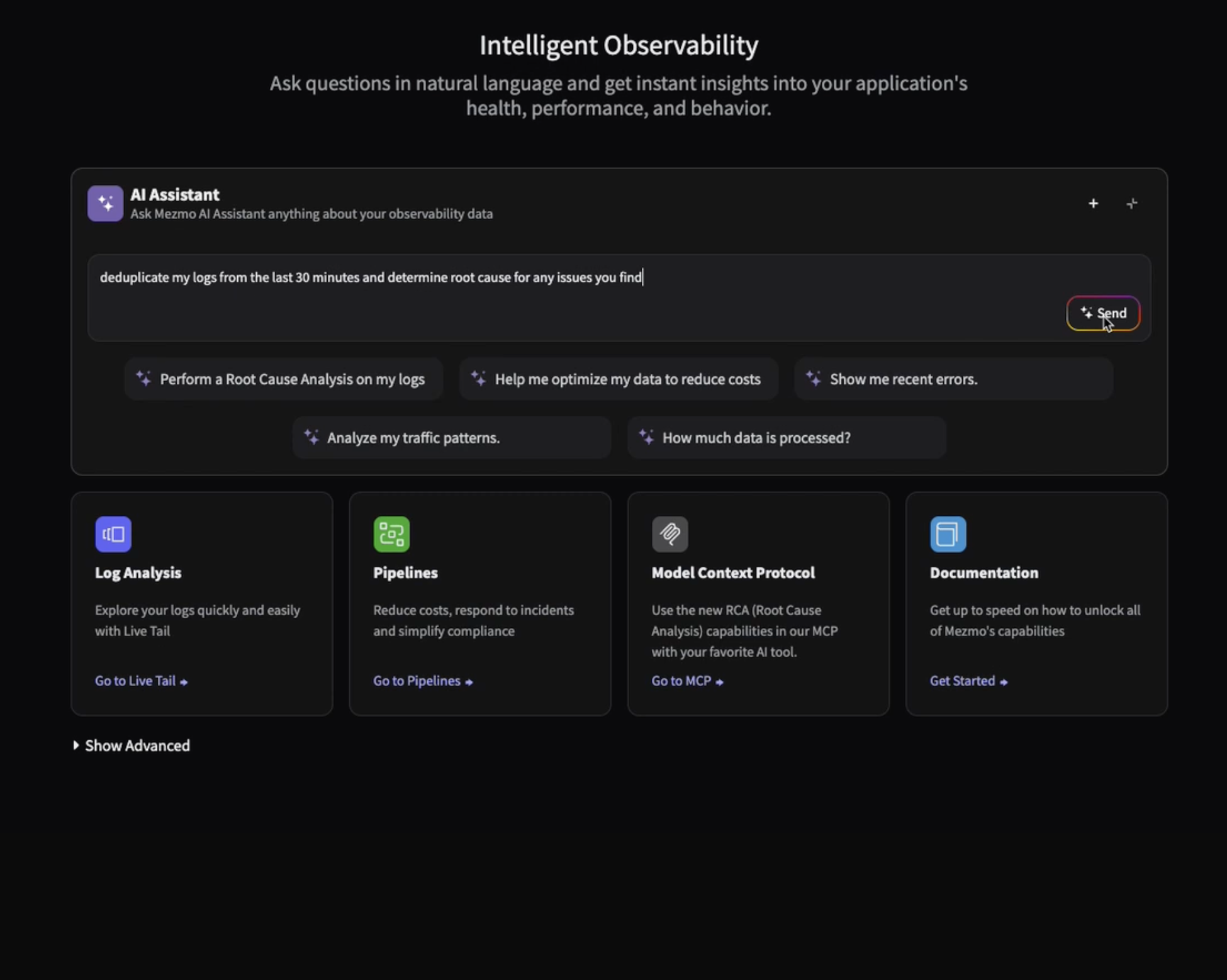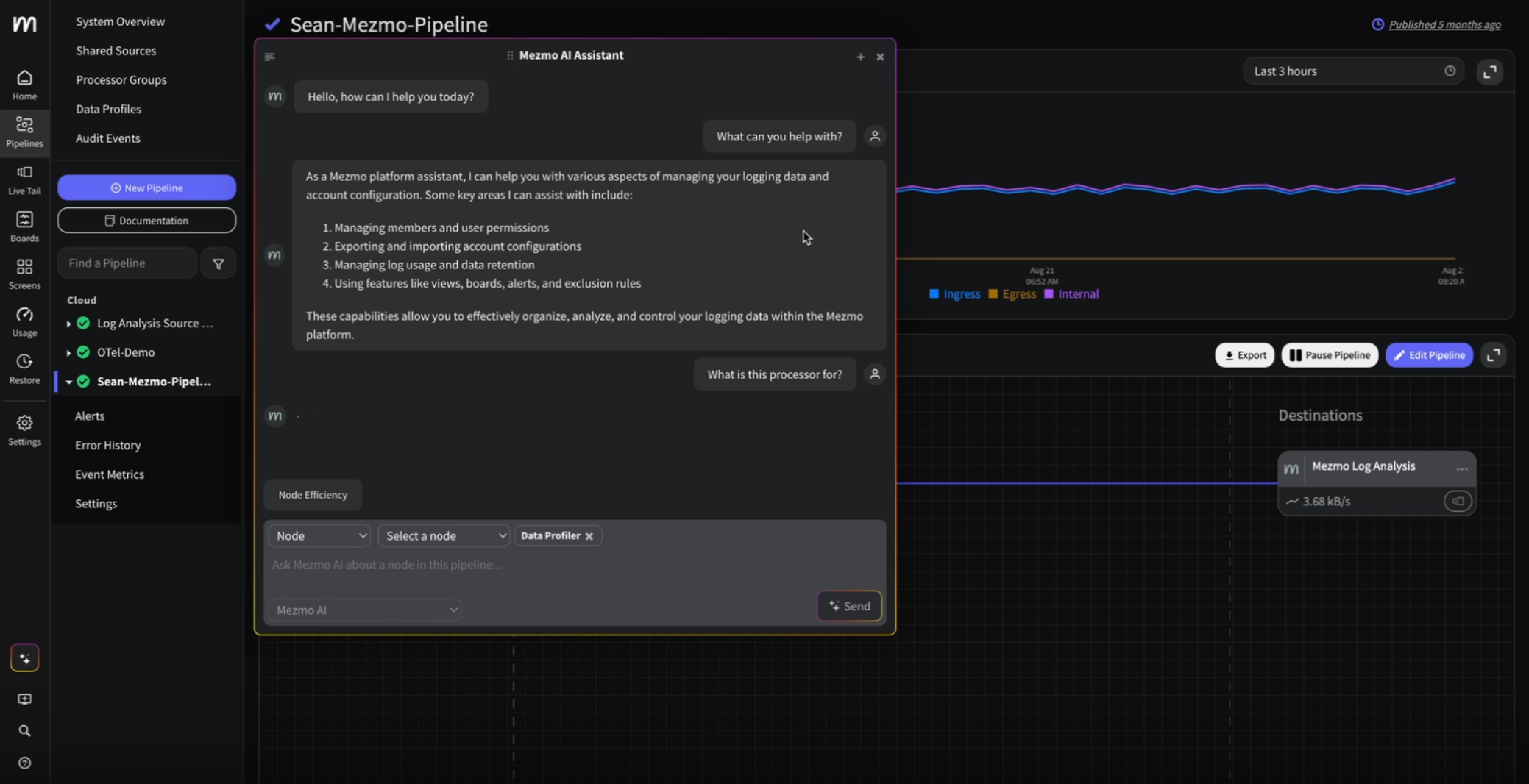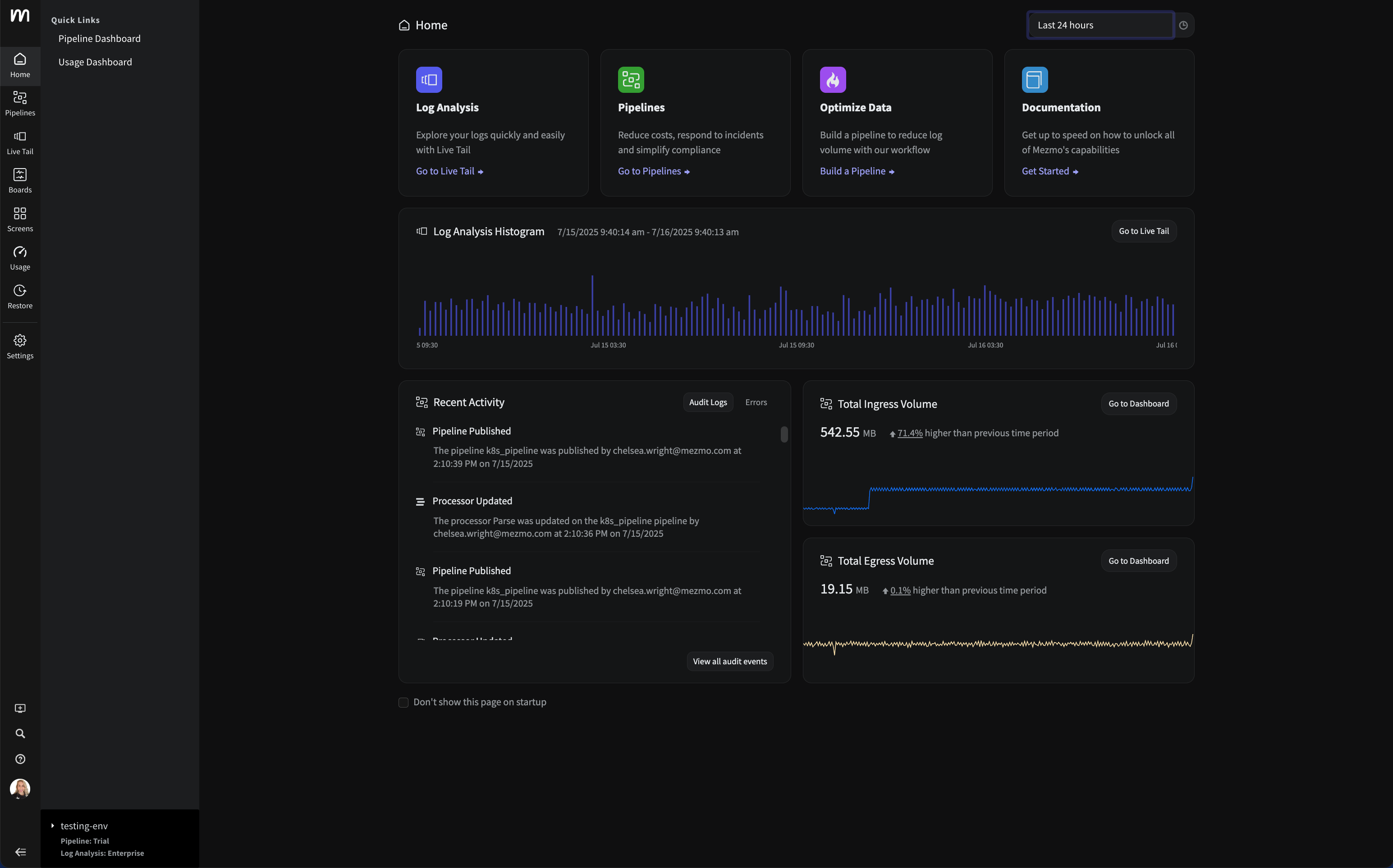The Cost of Racing Toward Success
LogDNA is now Mezmo but the product you know and love is here to stay.

LogDNA recently celebrated 5 years since our launch in Y Combinator and during this half-a-decade we’ve learned several lessons about balancing cost and scalability. As a founder, here are the top 3 things I wish someone had told me as we were racing towards success.
Cloud-Native Costs Will Kill You
The appeal of building a cloud-native application for a startup is a no brainer—it’s agile, scalable, and can be managed by a distributed team. Not to mention, it’s the cheapest way to get off the ground. However, like many resources, costs can add up if you aren’t paying close attention.
Be prepared to manage cloud costs at the outset to ensure you’ll be able to scale without being blindsided by hidden expenses for things like migration and run time. When we were getting started, we used credits from multiple cloud providers to host our product. Back then, we didn’t consider this a multi-cloud strategy, it was just a way to keep our costs low (now we realize that doing this helped us solve problems that larger enterprises are just tackling today).
In my experience, smaller companies are better at controlling the costs of their workloads as the bottom line feels very real when you’re the one building the technology and paying the bills. But, as your company scales, there will come a breaking point where you need to weigh the pros and cons of moving fast versus growing sustainably. Our breaking point was when our cloud hosting bill exceeded our personnel costs. At that point, about 40% of our total spend was going towards servers alone and we knew we needed to find a more sustainable solution. For us, that was moving to bare metal, and we found an awesome partner in Equinix Metal (back then they were known as Packet). Their bare metal offering provided the scalability of cloud but the cost and ability to customize that we needed to grow. For example, instead of using a cloud Kubernetes service like AKS or GKE, we built a custom Kubernetes solution to meet our exact requirements.
Prove Your Market Fit, Then Worry About Optimization
If you’re a cash-strapped startup, you might think that your number one priority is to maintain a long runway and show investors that you’re being smart with their money. It’s easy to fall into that line of thinking. If your product doesn’t have a clean and clear fit into the market, you will ultimately struggle, no matter how conservative you are with capital or how innovative and groundbreaking your technology is. A product needs to solve challenges that have a significant enough impact that people are willing to invest in the solution. Read that again—your number one priority is to solve a problem worth solving.
Use your network to attract beta testers and get their feedback about the onboarding experience and how long it took them to see value from the product. If it takes a significant amount of time and effort to get a proof of concept and deploy a solution, it will be extremely hard to sell. Marketing to early adopters is also important. Don’t be afraid to target specific personas or a niche market. This helps you gather focused feedback and build a strong, loyal following.
Once you’ve proven your market fit, you can think about optimization. Many people look to systems and infrastructure when considering optimization, and there are definitely some wins to be had here. For us, ensuring that our engineering team was appropriately balancing workloads to optimize the use of resources helped with system performance and managing costs. We also focused on developer productivity and efficiency. This isn’t unique to LogDNA, as operations shift left, your developers play an important role in keeping your products functioning seamlessly. Invest in the tools and resources they need to move fast, debug with ease and continuously innovate. DevOps tools like logging are important as it provides developers with insight—both for debugging and identifying trends in app performance that can be used to prevent future problems. Developer tools are often the second highest expense for startups. Companies should use tools that give them control over usage and spend, while enabling development teams to access the data they need to optimize their productivity. Ultimately, this ensures they have more time to build revenue-driving products and features.
Shortcutting Security is a Fast Track to Failure
We’ve seen a lot of high-profile breaches in the news lately, proving that no one is immune to an attack. For a SaaS provider, security is an ethical obligation, but it can seem expensive when you’re young.
We chose early on to be secure by design. It was a straightforward decision since we knew that we wanted to operate globally within highly regulated markets such as healthcare and finance. These industries have strict security and privacy mandates so we chose to build security and compliance into the core of the LogDNA product. Now, that’s enabled us to move a lot faster while competitors catch up with ever-changing compliance regulations. In 2015, this was a differentiator but now it’s table stakes to gain the trust and confidence of companies that engage with you. Don’t cut corners here, invest from the start.
Final Thoughts
As you get off the ground, use the resources that are available to you and create a strategy that will help you race toward success. I’ve learned that the key is to stay focused, consider how your product adds value, and look for signs for when it is time to optimize. Setting this foundation now will help you move a lot faster in 5 years when your market may be ripe for the picking.


.png)


.jpg)












.png)
























.png)





























































